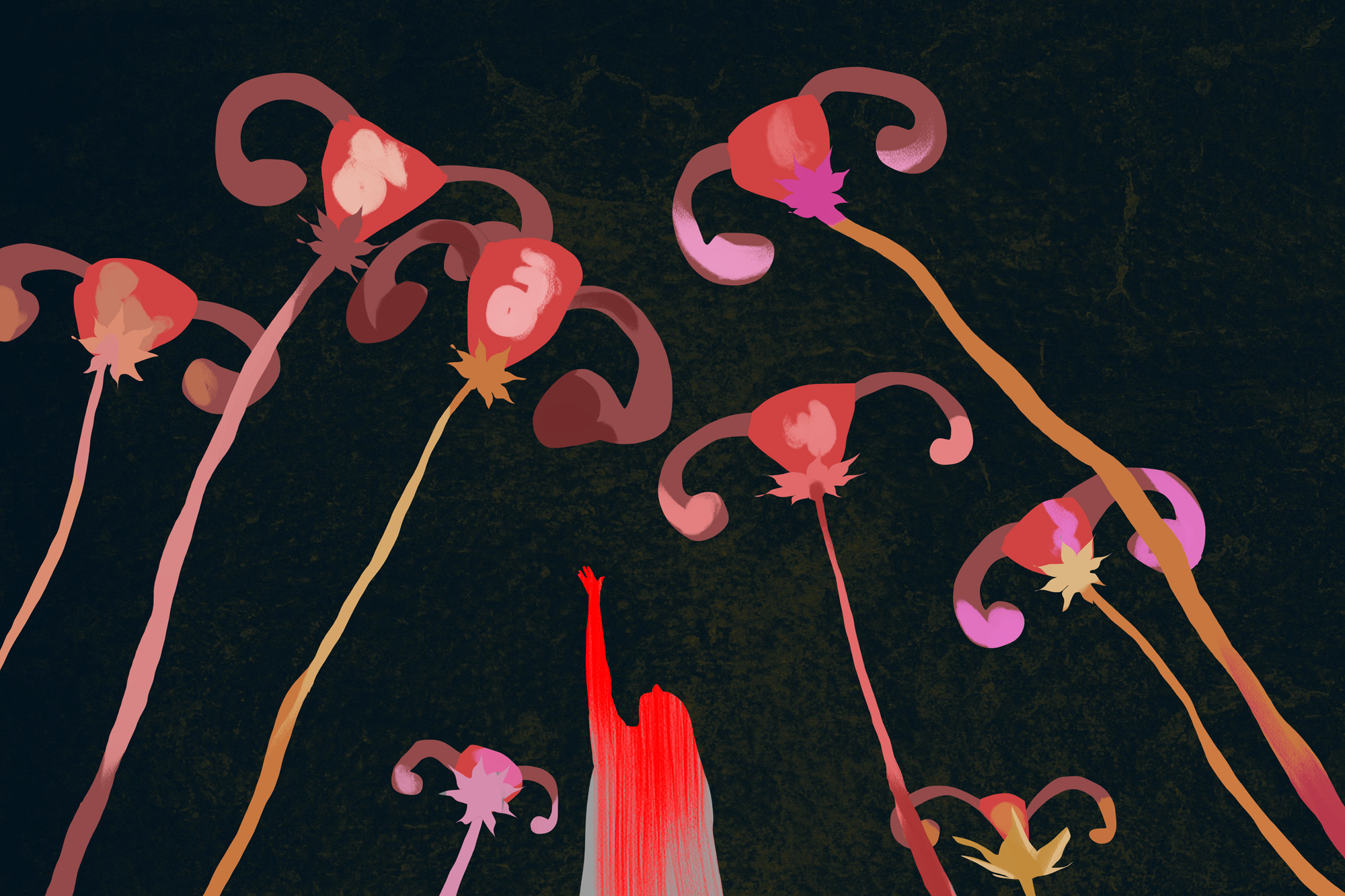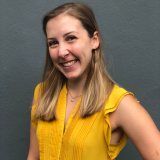 Taraneh Shirazian, MD wants you to care about mothers every day, not just Mother’s Day. Dr. Shirazian, an ob/gyn at NYU Langone and a co-founder of non-profit Saving Mothers, is working to reduce maternal mortality. Her program believes “no woman should die giving life” and operates around the globe in underserved areas using low-cost, high-impact programs for women that aim to decrease death in pregnancy and delivery. Their mission underscores that the vast majority of maternal deaths around the globe are completely preventable.
Taraneh Shirazian, MD wants you to care about mothers every day, not just Mother’s Day. Dr. Shirazian, an ob/gyn at NYU Langone and a co-founder of non-profit Saving Mothers, is working to reduce maternal mortality. Her program believes “no woman should die giving life” and operates around the globe in underserved areas using low-cost, high-impact programs for women that aim to decrease death in pregnancy and delivery. Their mission underscores that the vast majority of maternal deaths around the globe are completely preventable.
One of their strategies abroad is for birth attendants to go into the homes of women who don’t have access to hospitals and the clinics. These front line workers advocate for pregnant women, and through Saving Mothers training are able to identify high-risk pregnancies and educate these women on how to access the health care system. This approach has been put into practice in New York city, where Saving Mothers initiated their mPOWHER program in 2020. They have been working on training the community health care workers who already work in the city but lack formal training.
“We used our model of training that we've established in Guatemala and Kenya and adapted it for New York,” Dr. Shirazian said. “We're teaching these community health workers how to identify high-risk patients in the home, how to talk about complications, teach about medical risk in pregnancy, and teach pregnant women how to communicate with their physicians. This training allows them to best advocate for women and become a priority in the health care system.
In the midst of mPOWHER training this year came the pandemic of COVID-19, which hit New York city hard. Now instead of going into the home, help is being given over the phone, with workers receiving the mPOWHER training and answering pregnant women’s questions. Saving Mothers has also been sending food, formula, and diapers to pregnant women in need.
“Something we've learned in this response here in New York is that the divide between those who have access and those who don't has deepened and widened so that even food has become a scarcity. The reason is at the height of the pandemic food banks were overwhelmed. Many women were scared to leave their homes, or didn’t want to leave with their children in tow,” Dr. Shirazian explained.
Dr. Shirazian has found that pregnant women faced anxiety in leaving home even to head to labor and delivery, with many moms and moms-to-be thinking they will be safer giving birth without medical assistance outside of a hospital, taking for granted what women lack in the countries Dr. Shirazian serves abroad.
“There are those women who say, ‘It's natural, she's pregnant. Let her deliver at home. She doesn't need a hospital.’ At no other time in a woman's life does she need more health resources than when she's pregnant,” Dr. Shirazian said. “Even in this pandemic, some women will opt to deliver at home. You're going to do the riskiest health thing you can at home without the supervision of a doctor or a skilled person without access to an operating room? That's what I tell women in Guatemala not to do and they barely have access to health facilities.”
There are other things we should be learning and emulating from other countries, said Dr. Shirazian. One timely lesson: how non-U.S. countries treat their PPE and medical equipment.
“We learn often in doing global work that every resource we have is vital. In the United States, we're just not trained in that way, meaning we treat every resource as if there’s more.… So that's why this shortage of PPE has been part of the reason why it's been so hard for us as workers because people are not accustomed to having limited resources. In Guatemala, if you have a mask, you're wearing it for many weeks and you're cleaning it every day, and you're doing that at baseline,” Dr. Shirazian reasoned.
Another baseline Dr. Shirazian keeps in mind is the maternal mortality rate: 16.9 of every 100,000 live births. Scarier still is the mystery of COVID-19’s full impact on maternal mortality.
“I can't tell you how many people have been telling me they're not going to come into the hospital. We do live Facebook chats with pregnant women. Many pregnant women don't want to come to hospital. They don't want to bother their doctors. ‘You know, there's COVID out there.’ They don't need to come in. They feel fine,” Dr. Shirazian said. “But people don't really understand pregnancy is a high-risk state.”
Dr. Shirazian remembered one article she read — the only one she has seen thus far that hints at how COVID-19 is affecting maternal mortality — about a pregnant woman in New York who didn’t feel well and was having telehealth visits with her doctor. When she came in for delivery, she died.
“It reminds me at the beginning of this pandemic, I was thinking, ‘this is going to be really bad for maternal mortality.’ … I've been thinking it's only a matter of time because that divide [of women who have access and who don’t] is just going to deepen right now. People aren't going to come in and get the access they even normally would. And more women are going to die in pregnancy and delivery,” Dr. Shirazian predicted.
Maternal mortality will almost certainly be exacerbated during the COVID-19 pandemic, but Dr. Shirazian wants every doctor to care about it all the time. Though natural, Dr. Shirazian stressed that pregnancy needs a rebranding, and knows physicians are poised to do that.
“All doctors see women over their reproductive lifespans and have the opportunity to educate and counsel,” she said. “I think we should all think about reframing how we talk to patients about [pregnancy].”
She hopes female physicians specifically will help bring awareness to the seriousness of pregnancy.
To support Saving Mothers COVID relief efforts in NYC and globally please visit savingmothers.org.
How do you foresee COVID-19 impacting maternal mortality? What can physicians do to help combat it?
Illustration by Jennifer Bogartz







